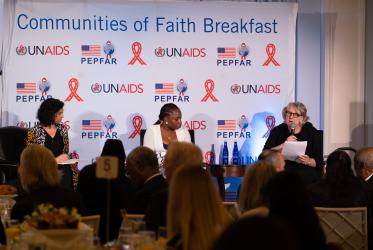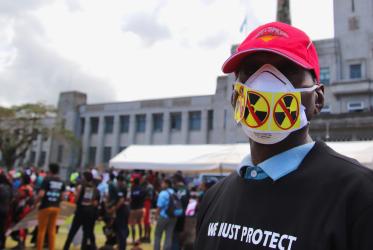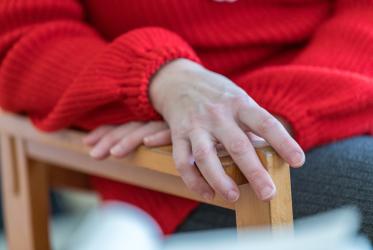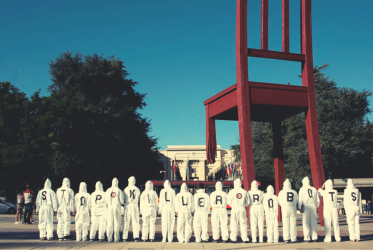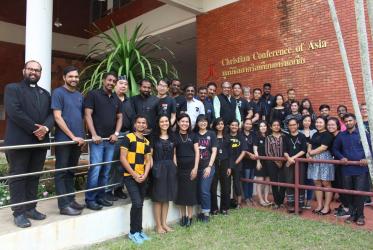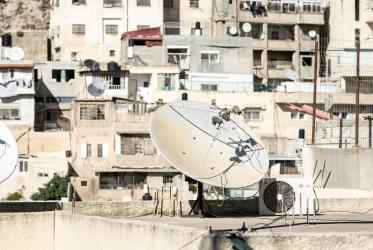Displaying 1 - 20 of 335
Faith Actors Reflect on Their Role in Reaching HIV Goals at ICASA
21 December 2023
WCC Eco-School begins in Crete
15 November 2023
World Council of Churches plans pilgrimage to Marshall Islands
09 November 2023
"A world free from nuclear weapons is possible"
11 September 2023
Pacific churches call for Japan to halt wastewater dump
29 August 2023
WCC offers input to the UN New Agenda for Peace
13 April 2023







